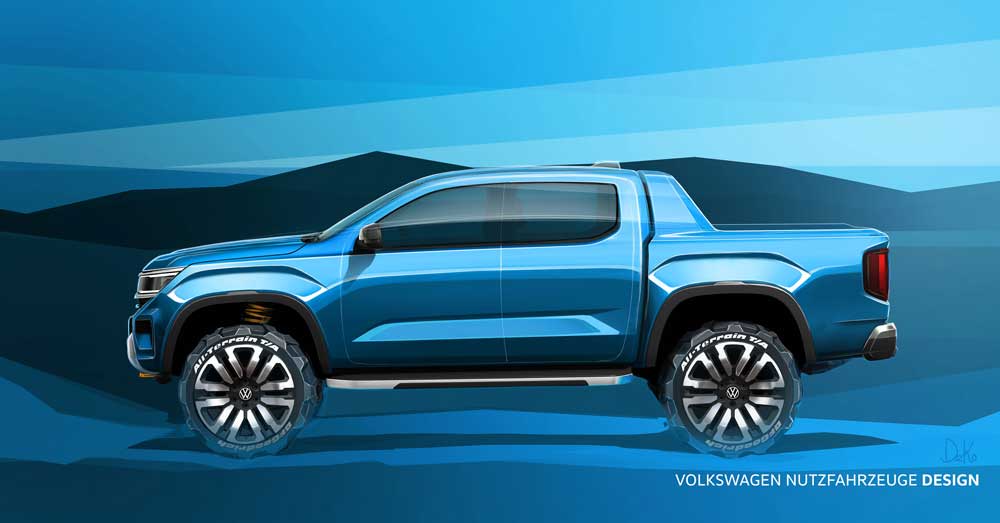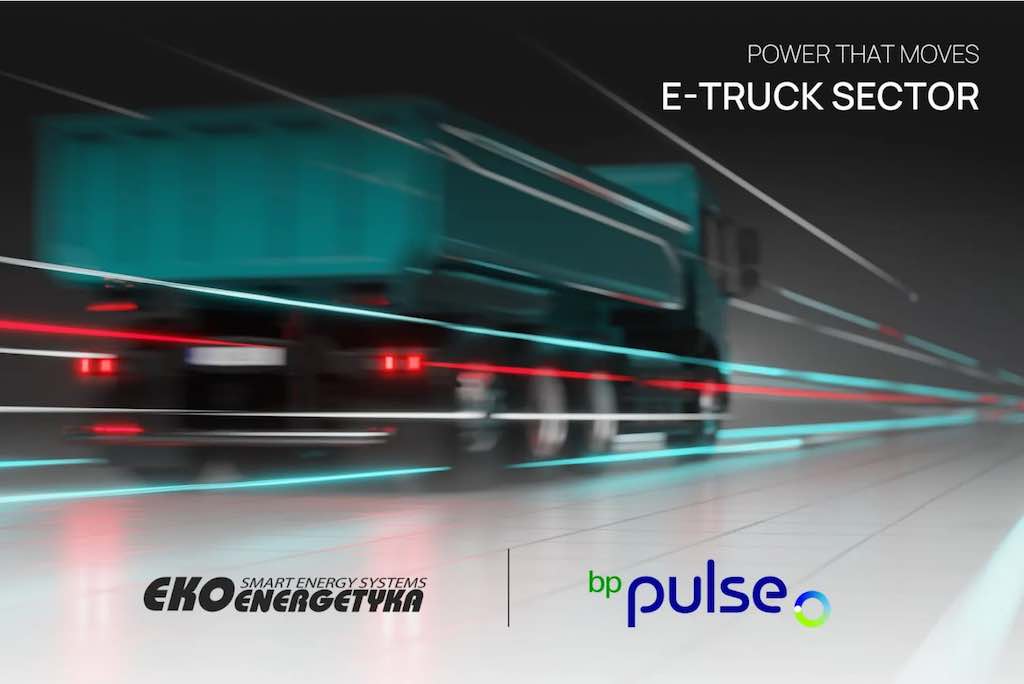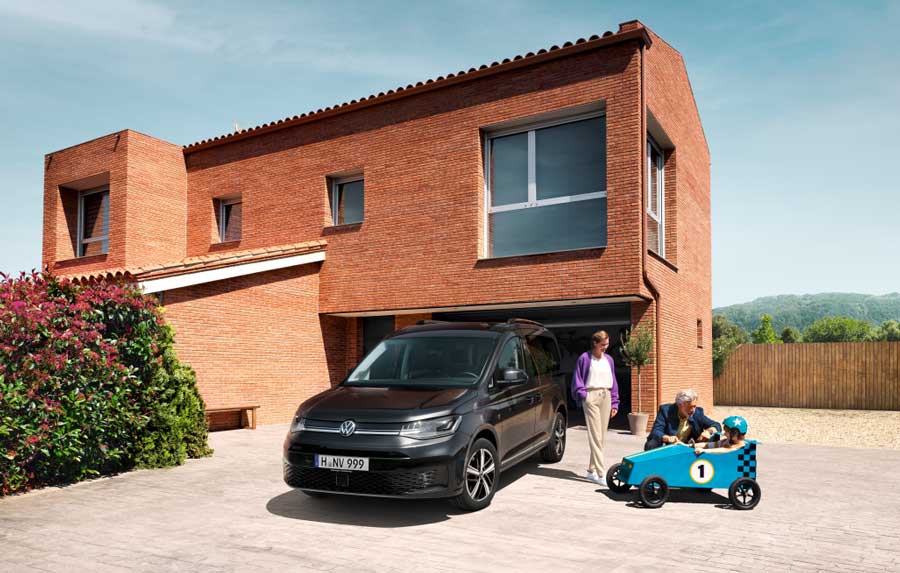Based on an impressive business year in 2018, Volkswagen Commercial Vehicles (VWCV) is paving the way for the future of the brand. The GRIP 2025+ strategy describes this transformation: with new products, the conversion of plants, and the development of new mobility services. Thomas Sedran, Chairman of the Board for the VWCV brand: “We can shape the transformation at the peak of the industry, because we are financially strong and can exploit synergies within the Group. Our new strategy allows us to follow a clear plan and boost our speed significantly. We are developing from a pure carmaker to a mobility provider. To this end, we are investing more than 1.8 billion euros this year.”

In business year 2018, VWCV achieved the second-best business performance in its history. Sales revenue of 11.9 billion euros nearly reached the prior year level. Operating profit declined slightly to 780 million euros from 853 million euros in the prior year. Earnings were muted by higher outlays for new products, negative effects of currency exchange rate, and effects of the new WLTP test procedure. VWCV exceeded its prior year performance with around 500,000 vehicles delivered – a figure that underscores its position as a leading producer of light commercial vehicles in Europe.

In the current year, the brand expects deliveries to reach at least the prior year level, but in a much more challenging environment. At the same time, 2019 will be a crucial year of transition for VWCV. Under the motto “We transport success” the GRIP 2025+ strategy will offer answers to key challenges in the industry: climate protection, digitalisation, new mobility services and autonomous driving. At the same time, customised products for commercial customers and emotional vehicles for families and recreation will remain important core business areas for the brand. But they will be increasingly supplemented by innovative mobility and transport services.

In pursuit of this goal, Group-wide development for autonomous driving will be bundled in Hannover. Alexander Hitzinger, the brand’s new Member of the Management Board for Development, has taken on this task for the entire Volkswagen Group. In building up new mobility services, VWCV is also utilising the know-how of MOIA. After successful testing in Hannover, the Volkswagen subsidiary is now launching operations in Hamburg with all-electric shuttle buses based on the Crafter.

The planned collaboration with its new alliance partner Ford also reinforces the competitive position of VWCV. The two manufacturers complement one another in their regional strengths and products. Initial contracts have been signed – including a “development contract Pickup” for the successor model of the Amarok. There are other potential areas of cooperation, e.g. in additional vehicle projects, autonomous driving or shared use of electric mobility platforms.

The most visible sign that VWCV is launching into the electric age is the ID. BUZZ which will be produced in Hannover starting in 2022. It is the all-electric version of the legendary T-Series. “The ID. BUZZ is certainly the most important product of the coming year,” says Thomas Sedran. “At the same time, it is a symbol of the brand’s future: zero emissions, extremely innovative and very emotional. The next generation Bulli will also come from our main plant. Love is back!“










